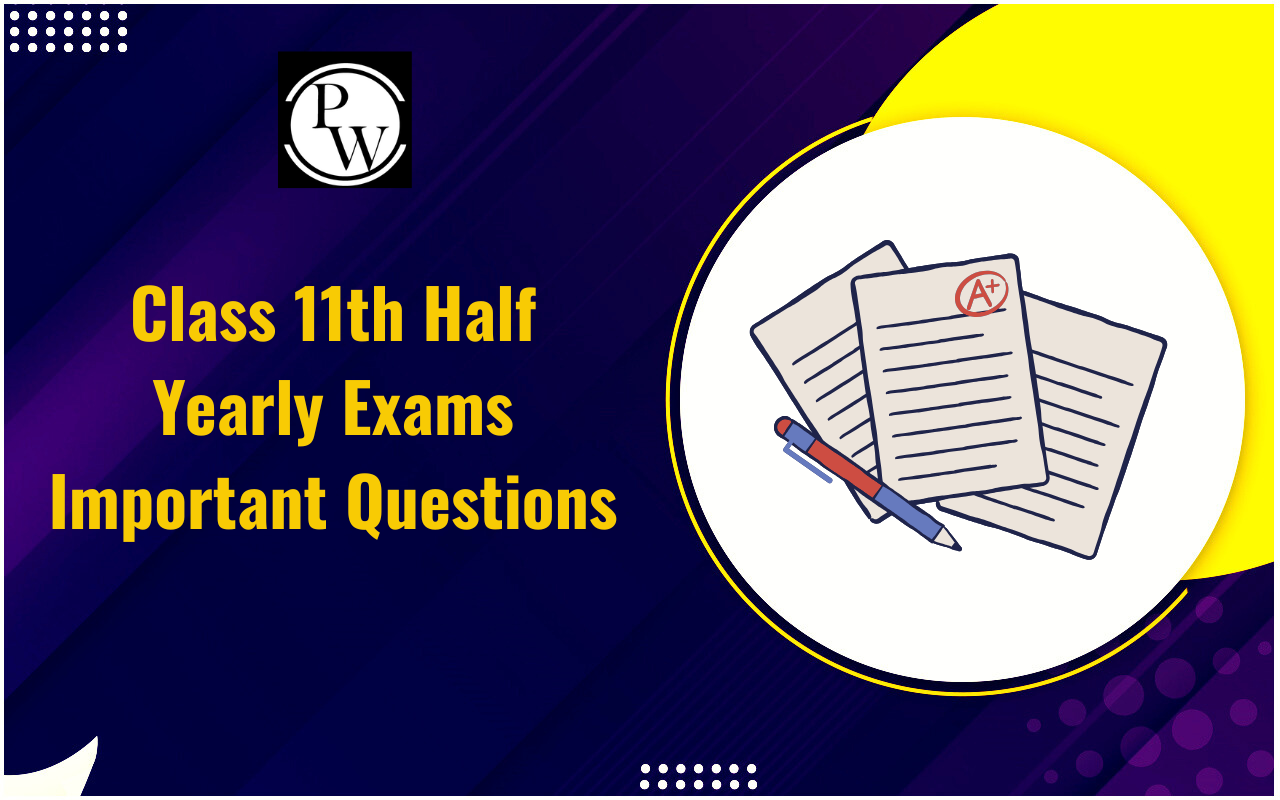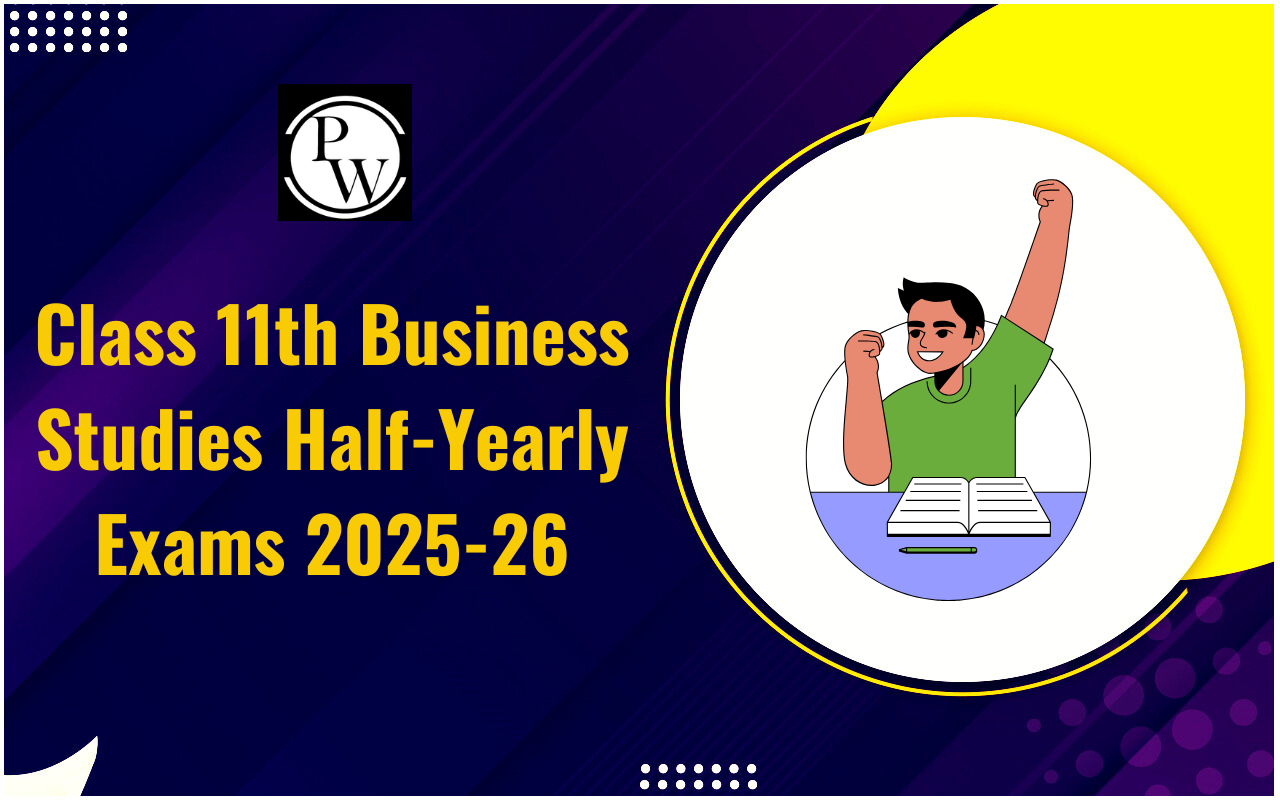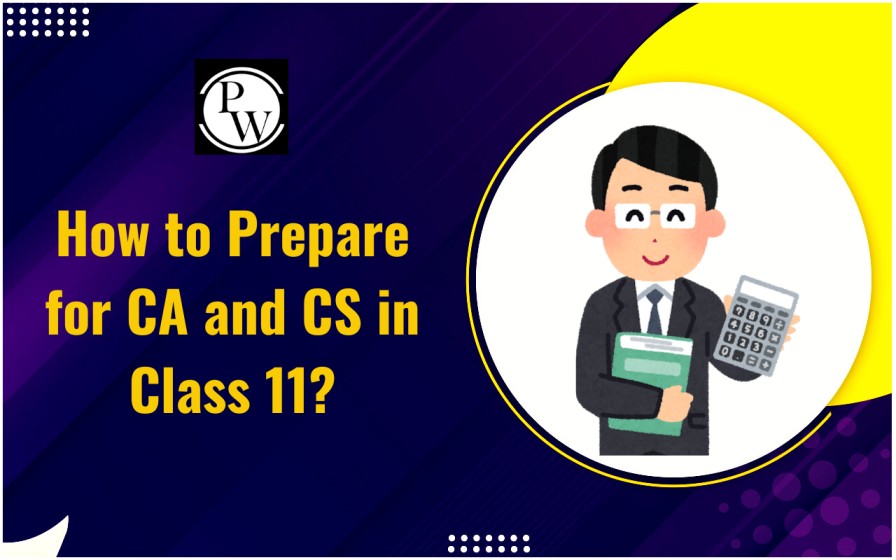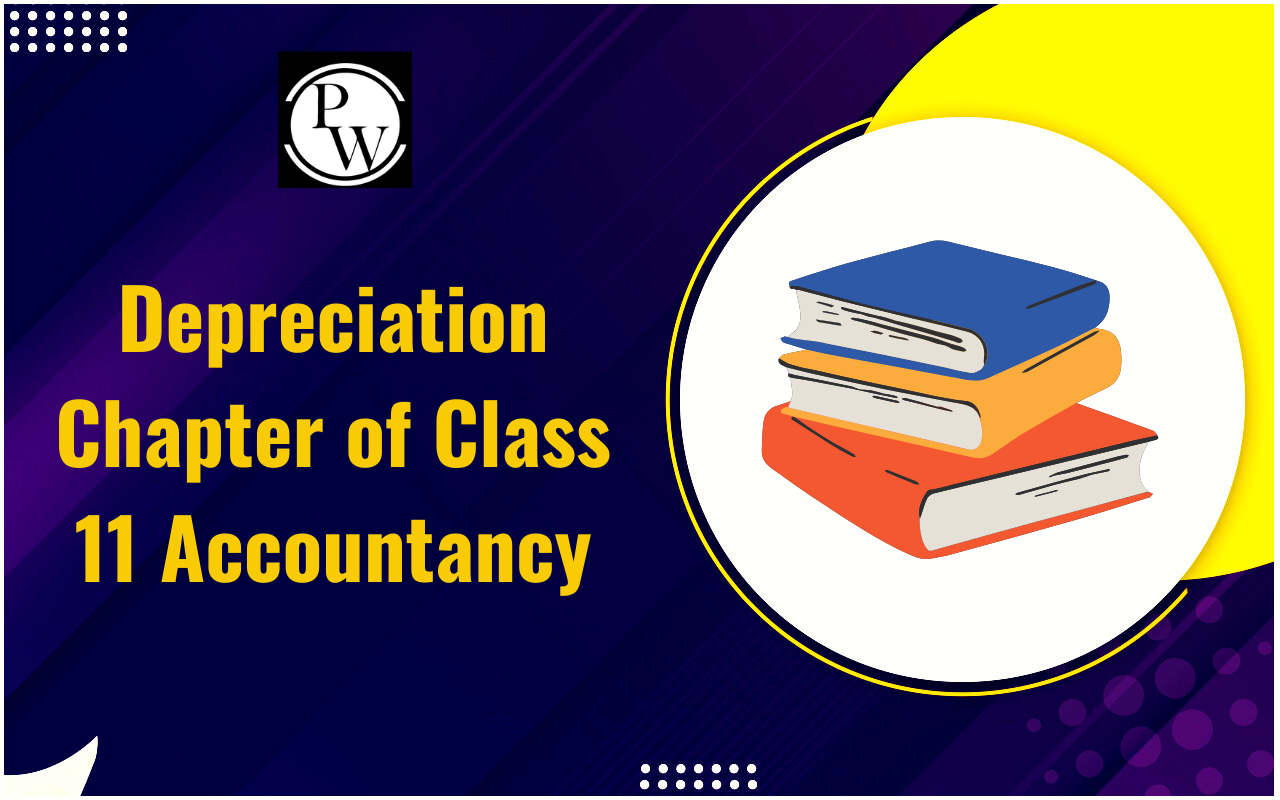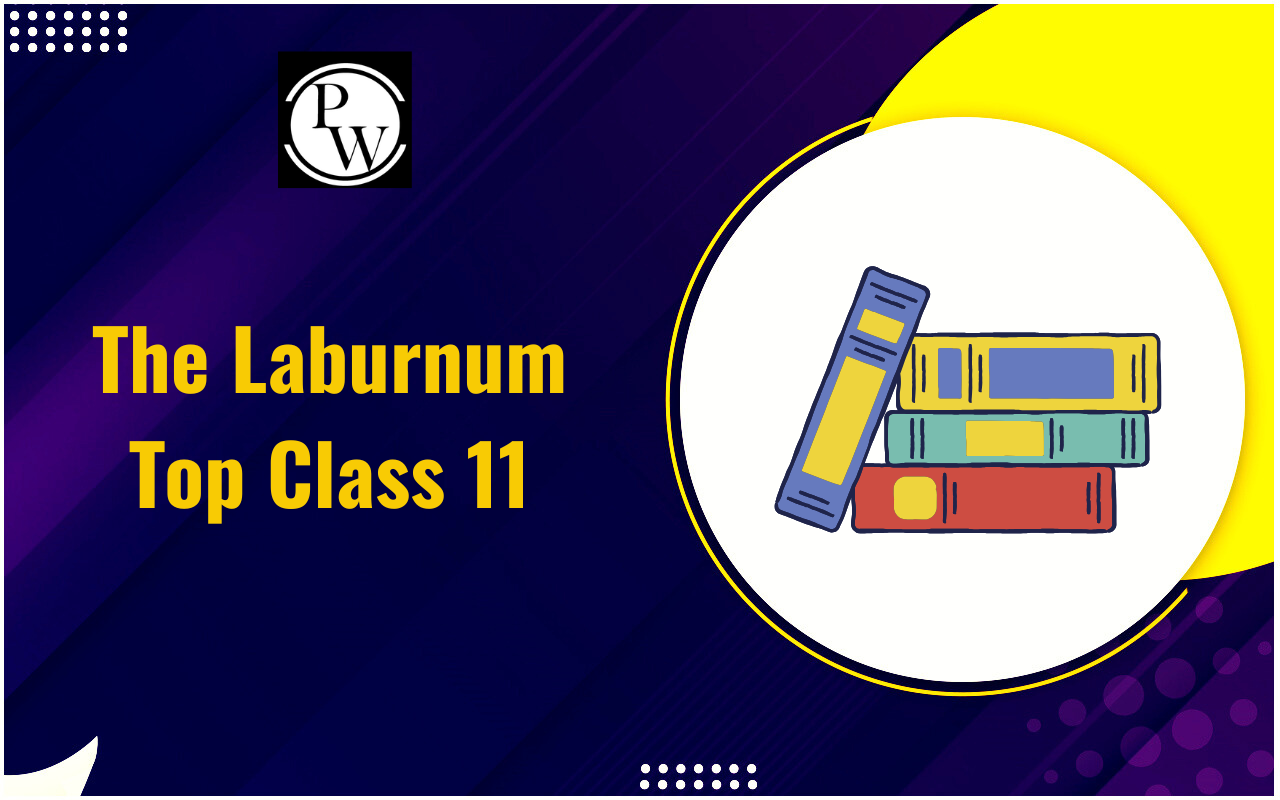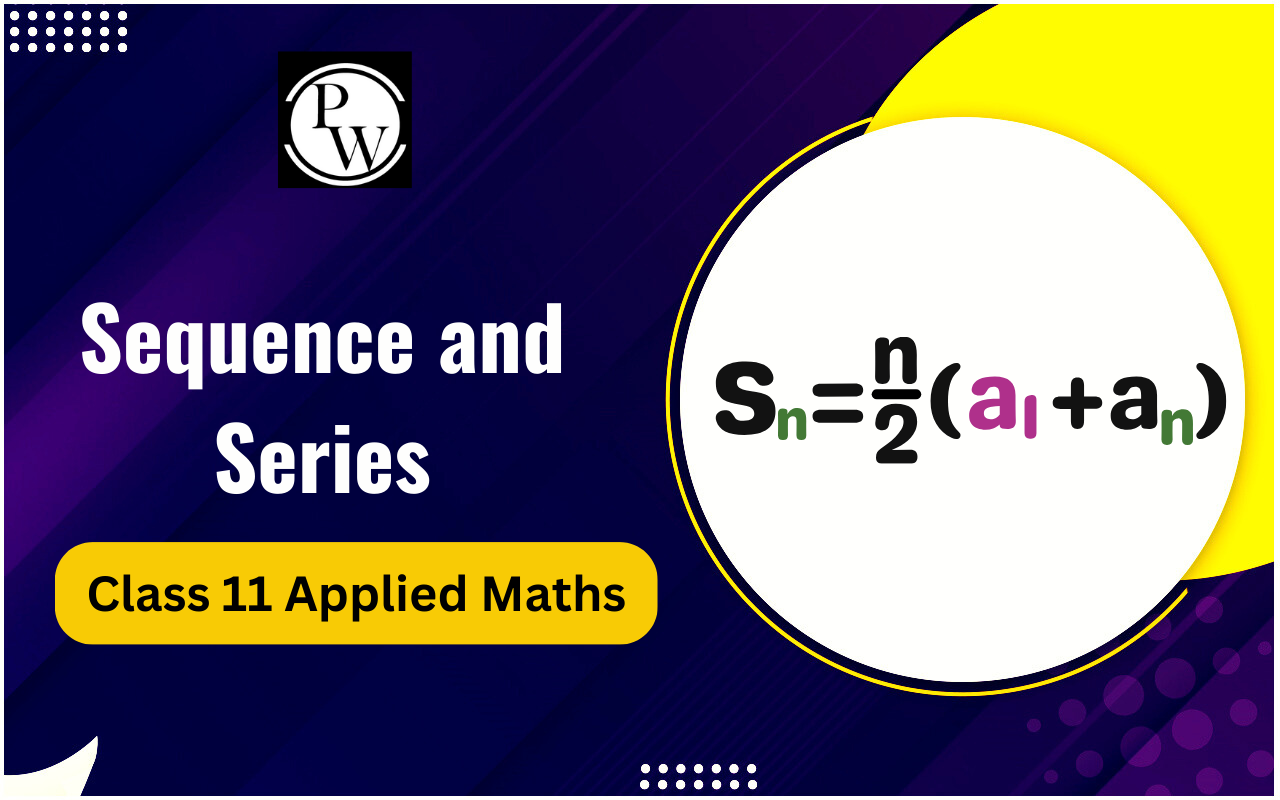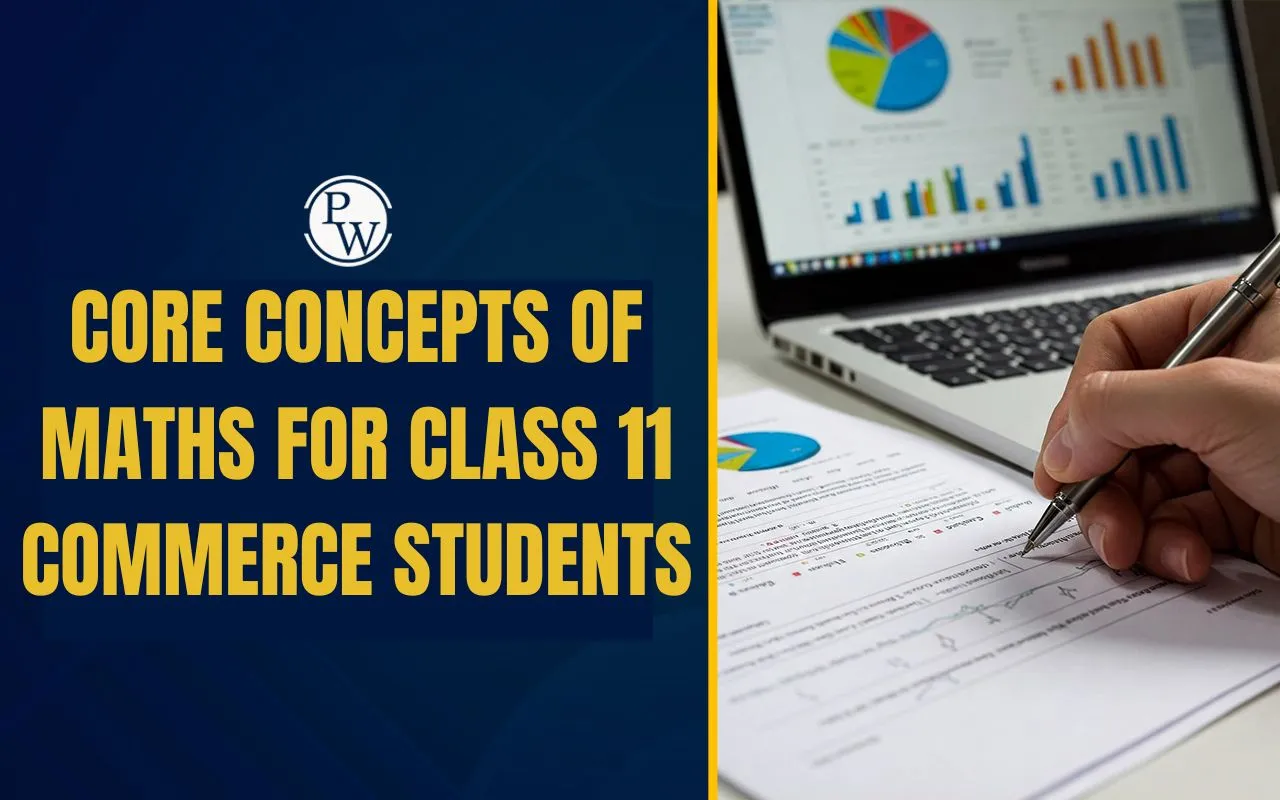
Economics is one of the core subjects for Class 11 Commerce students. It marks a significant shift from the basic understanding developed in earlier classes and introduces learners to a more structured and detailed study of economic principles. The core concepts of Economics for Class 11 Commerce students not only help in academic success but also offer critical thinking tools for real-life decision-making. This article explores these fundamental ideas, the relevance of Economics in commerce, and how students can relate to and benefit from its study.
What is Economics?
At its core, Economics is the study of how individuals and societies use limited resources to satisfy unlimited wants. It is about choices, priorities, and resource management. For Class 11 students, understanding Economics means learning how economies function, how data is interpreted, and how decisions are made based on scarcity and opportunity.
The core concepts of Economics for Class 11 Commerce students emphasize that the subject is not only about money but about understanding the entire system of production, consumption, and distribution. Whether you’re dealing with family budgeting or national policies, Economics plays a vital role.
Also Check
Why is Economics Important for Class 11 Commerce Students?
The transition from basic Social Science to academic Economics can be a leap for many students. But it is this transition that sets the foundation for all future studies in commerce. The core concepts of Economics for Class 11 Commerce students are important because:
- They explain real-world economic issues like inflation, unemployment, poverty, and taxation.
- They develop analytical thinking, helping students assess problems logically.
- They support future studies in B.Com, MBA, CA, and more.
- They create awareness about how financial systems and policies impact individuals and societies.
Core Objectives of Studying Economics
The primary objective of teaching Economics Syllabus at this level is to develop an economic mindset in learners. It aims to:
- Help students understand the basic economic problems of scarcity and choice.
- Introduce concepts of utility, demand, supply, and data analysis.
- Enable students to comprehend economic policies and their effects.
- Foster informed citizens who can contribute meaningfully to discussions on national and global issues.
Core Concepts of Economics for Class 11 Commerce Students
Let’s break down the fundamental topics that define the core concepts of Economics for Class 11 Commerce students:
Economy and Economic Activities: An economy refers to a region or system where people earn and spend to satisfy their needs. Economic activities are those aimed at earning income, like working in a business or providing services. This is distinct from non-economic activities like volunteering, which aren’t done for financial gain.
Meaning of Economics: Economics is divided into two broad branches: Microeconomics and Macroeconomics. Microeconomics deals with individual units like a consumer or a firm, while Macroeconomics looks at the economy as a whole. Understanding both is crucial for interpreting economic behavior and policy.
Scarcity and Choice: The most fundamental of all core concepts of Economics for Class 11 Commerce students is scarcity. Resources are limited, but human wants are unlimited. This gap leads to the need for choice and prioritization. Students learn how individuals, firms, and governments allocate scarce resources.
Data in Economics: Economic data is either quantitative (measurable) or qualitative (descriptive). Students are introduced to how such data is collected, represented, and analyzed. This includes learning about statistics, graphs, and the interpretation of economic surveys.
Economic and Non-Economic Activities: These two types of human activities form the basis of understanding economic value. Economic activities have monetary value and contribute to national income. In contrast, non-economic activities like caregiving and religious practices are motivated by personal or emotional reasons.
Adam Smith and Historical Foundations: Known as the Father of Economics, Adam Smith introduced the term "Political Economy," which later evolved into modern Economics. His work, especially "The Wealth of Nations," laid the foundation for many concepts still taught today.
Types of Economies: The classification of economies into capitalist, socialist, and mixed economies helps students understand different economic systems. It allows them to compare how various countries manage production, distribution, and consumption.
Importance of Decision Making: Decision-making is central to economic study. The ability to make informed choices based on cost-benefit analysis is an essential skill. The core concepts of Economics for Class 11 Commerce students build this analytical ability.
Real-World Relevance of Economics
One of the best aspects of studying Economics is its practical application. Students begin to:
- Understand why prices rise or fall.
- Analyze government budgets and taxation policies.
- Interpret employment trends.
- Recognize economic inequalities and possible solutions.
The core concepts of Economics for Class 11 Commerce students make it easier to relate textbook knowledge to news reports, policy decisions, and financial planning in everyday life.
Teaching Approach That Makes Economics Engaging
Economics need not be boring or difficult. Teachers like Lov Kaushik use:
- Personal anecdotes and humor to explain complex ideas.
- Examples from daily life to connect students to abstract theories.
- Interactive discussions and visual aids like charts and videos.
These methods make the core concepts of Economics for Class 11 Commerce students more digestible and enjoyable.
Equal Learning Opportunity for All Students
No matter how students performed in earlier classes, Economics offers a fresh start. The subject begins with foundational ideas that are accessible to all. With consistent practice and conceptual clarity, students can excel.
Career Pathways Through Economics
A strong grasp of the core concepts of Economics for Class 11 Commerce students opens up a wide range of career options:
- B.Com and MBA
- Chartered Accountancy (CA)
- Economics Honours
- Banking and Financial Services
- Civil Services (with Economics as an optional subject)
Understanding Economics equips students with analytical, statistical, and decision-making skills that are useful in many professions.
The core concepts of Economics for Class 11 Commerce students provide more than just academic preparation. They help students understand the world better, make smarter choices, and contribute to society with informed perspectives. As learners delve into Economics, they start appreciating the logic behind money matters, policies, and development.
With a blend of theoretical knowledge and practical understanding, Economics becomes a vital tool for navigating the modern world. Encouraged by an engaging teaching style and motivated by real-world relevance, students can build a solid foundation that serves them well beyond school.
Join PW Commerce Online Course and unlock your potential with quality education and dedicated learning support.
| Related Links | |
| Commerce Class 11 | Class 11 Accountancy |
| Class 11 Commerce Syllabus | Class 11 English |
| Class 11 Business Studies | Class 11 Economics |
| Class 11 Maths | Class 11 Applied Maths |
Core Concepts of Economics FAQs
What are the core concepts of Economics for Class 11 Commerce students?
Is Economics a difficult subject in Class 11?
Do I need a background in Economics to study it in Class 11?
How can I improve in Economics?

